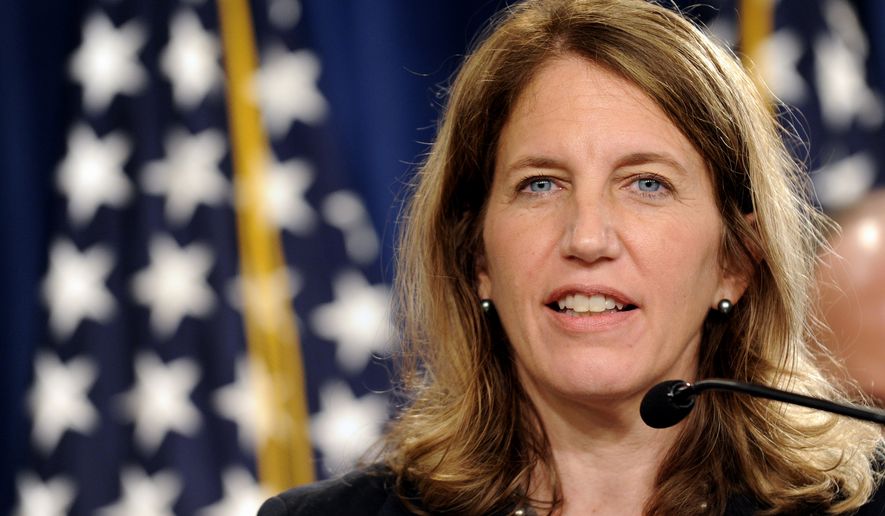Hoping to stem the fallout from the collapse of Obamacare’s largest co-op plan, New York regulators said they’ll give customers who lost their insurance more time to pick new plans, and will automatically pick plans for those who don’t do anything.
About 200,000 New Yorkers are being kicked out of their plans after Health Republic of New York, the co-op, announced in September that it was shutting down, becoming the largest of the 12 co-ops, or Consumer Operated and Oriented Plans, to have failed since the Affordable Care Act took root.
Now the state’s Department of Financial Services is investigating whether Health Republic deliberately underreported its financial obligations to make it seem like the co-op was in good health.
The co-op not only said it wouldn’t offer a plan for 2016, but said it was closing Nov. 30, forcing customers to have to find insurance coverage for the rest of this year.
New York officials have said those customers will get an extra 15 days beyond the original Nov. 15 deadline to sign up for new plans to cover them in December, and those who do not actively select new coverage will be automatically enrolled into a state exchange plan Dec. 1, although they can opt out of the coverage.
“We will continue to take aggressive action to protect consumers in the wake of Health Republic’s failure,” state DFS Acting Superintendent Anthony J. Albanese said.
Rep. Christopher P. Gibson, New York Republican, said some of the scrutiny into the co-op’s failure should be turned inward, as he called for a top-to-bottom investigation into whether federal and state agencies failed to protect consumers.
In a statement Monday, he said, “$265 million of taxpayer money disappeared and 215,000 New Yorkers are facing turmoil in their health care coverage — there is no question that there needs to be an investigation to see where there was wrong-doing. … What remains to be known is whether this was a result of incompetence or dishonesty on Health Republic’s part or negligence on the part of DFS.”
Nationwide, 23 co-op plans were set up as nonprofit alternatives to the policies offered by for-profit insurers when the Affordable Care Act’s exchanges opened for business. But a mix of factors has doomed more than half of them, setting off a fresh round of finger-pointing on Capitol Hill over the design and fate of President Obama’s signature health overhaul.
Congress slashed their startup loans from $6 billion to $2.4 billion and forbid them from using the money on marketing. Meanwhile, some co-ops appeared to underprice their plans, leading to losses when claims rolled in.
They are also receiving far less money than they expected under the “risk corridor” program designed to protect companies who lost money by offering plans on the Obamacare marketplace.
Health Republic of New York did not return requests for comment on the state’s probe and its customers’ options, though it pointed to outside factors when it announced its closure in late September.
“Starting a new insurance company is a daunting task in any environment, but the systemic challenges placed on us by the structure of the CO-OP program were simply too difficult to overcome,” CEO Debra Friedman said in a letter to members at the time.
Elizabeth Carpenter, vice president at the Avalere Health consultancy in D.C., said affected customers will be looking to find new plans where they can keep their preferred doctors.
“Is there a path forward that ensures them continuity?” she said.
New York officials said state law entitles people being treated for a life-threatening illness and pregnant women in their second or third trimesters to see the same doctor or hospital for up to 60 days under a new health plan.
For everyone else, regulators said they are still negotiating with top health systems and plans to ensure access.
• Tom Howell Jr. can be reached at thowell@washingtontimes.com.




Please read our comment policy before commenting.